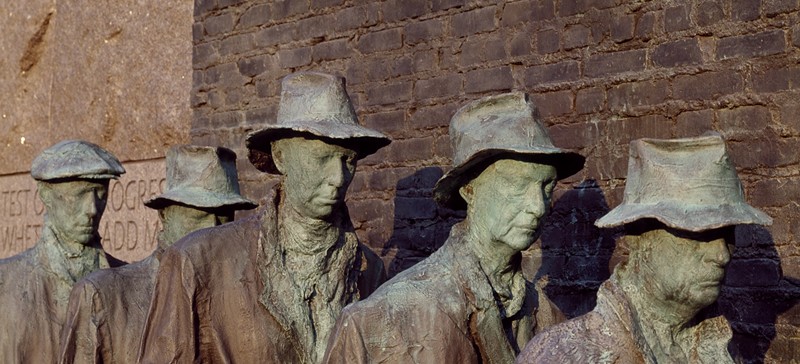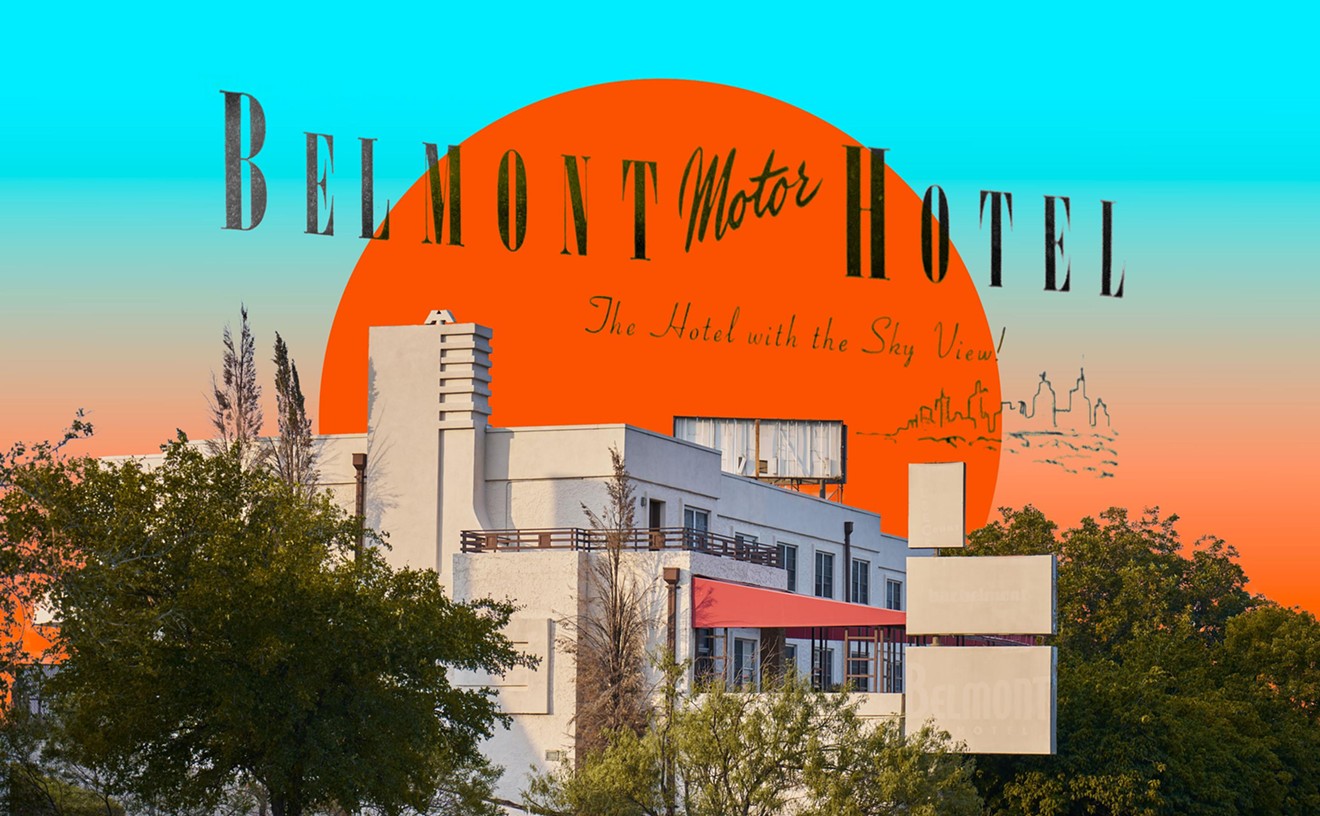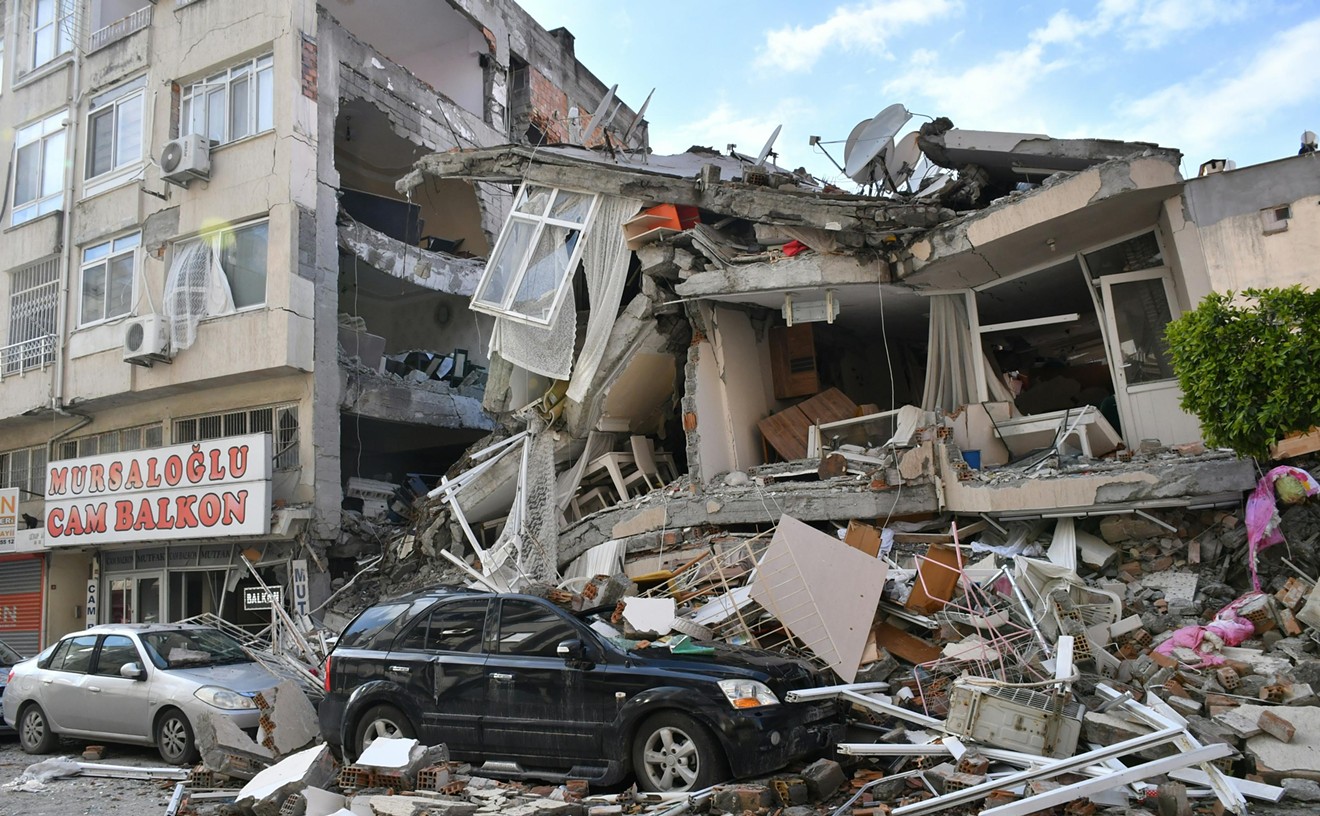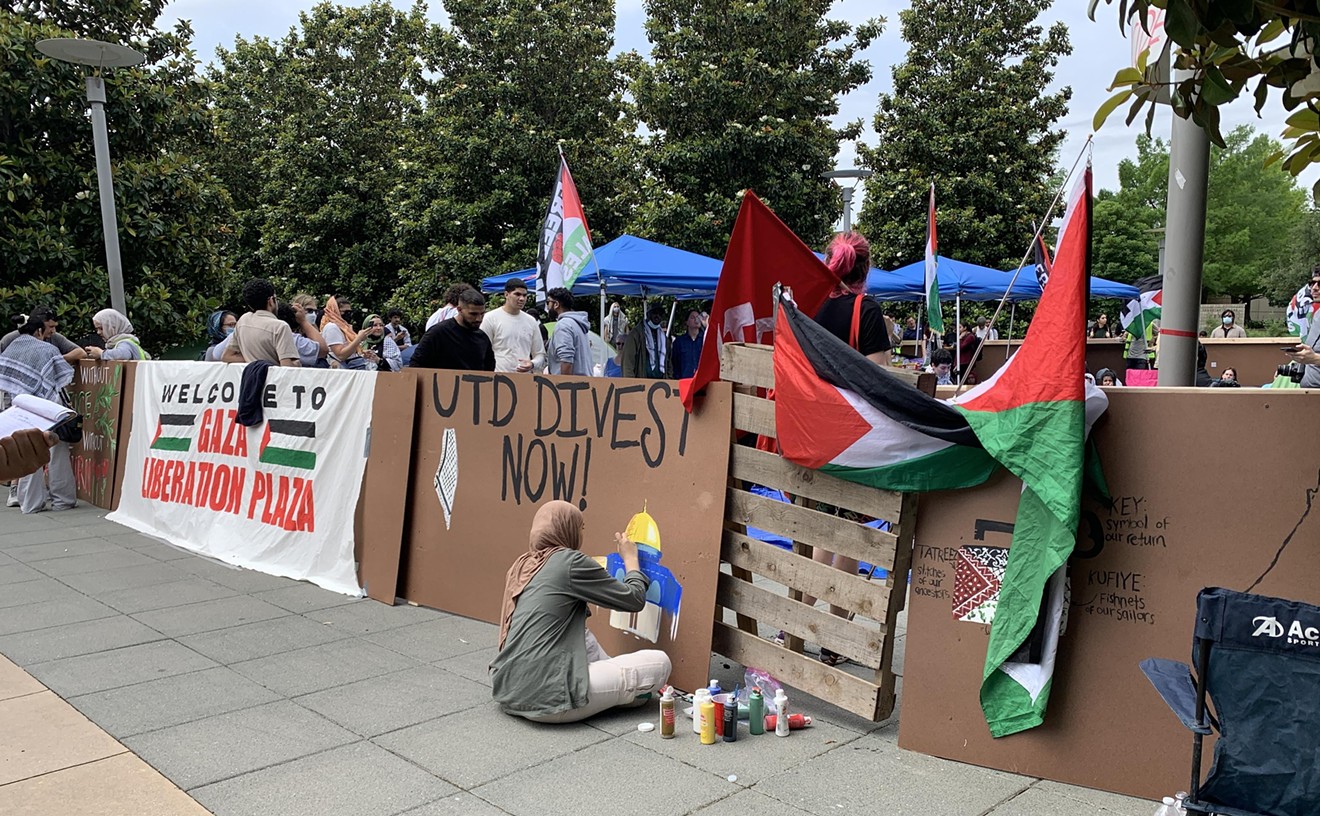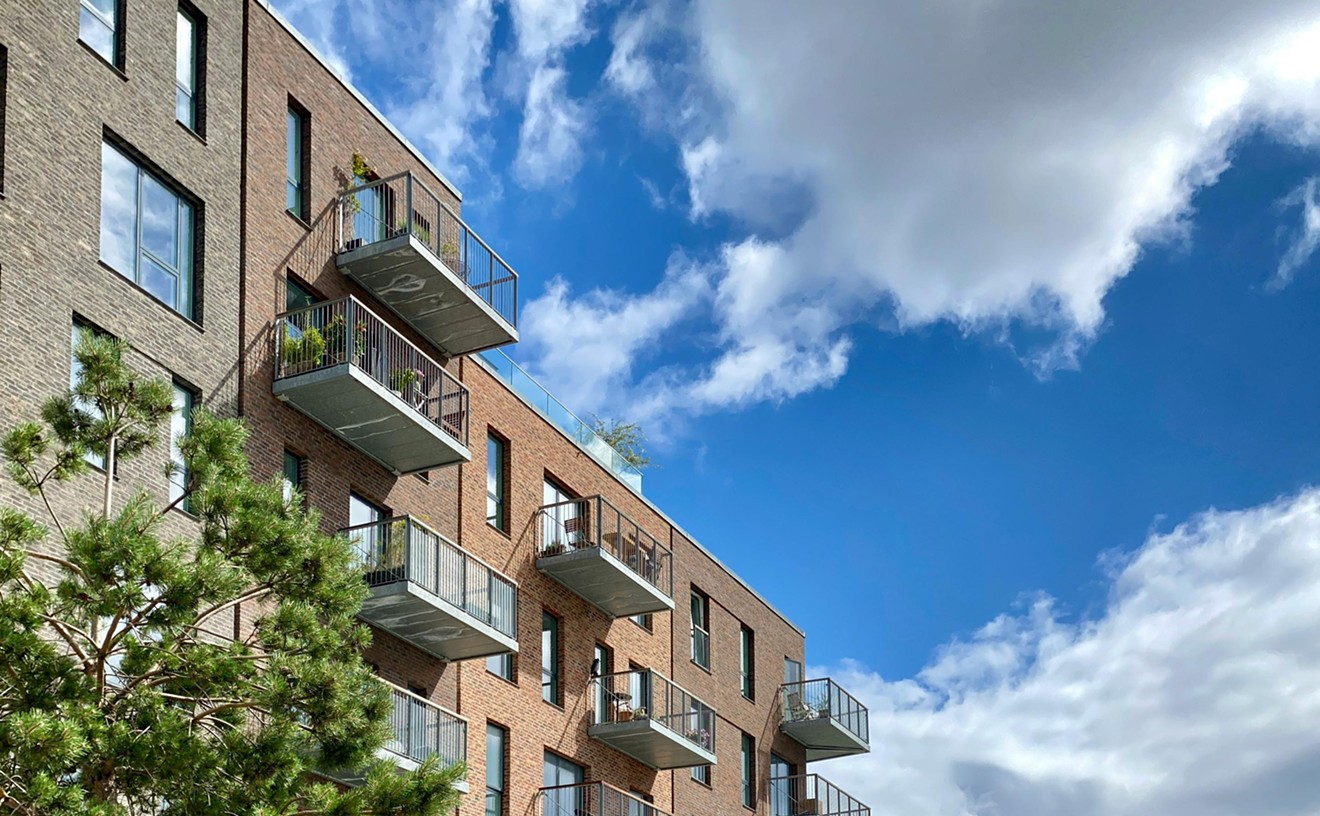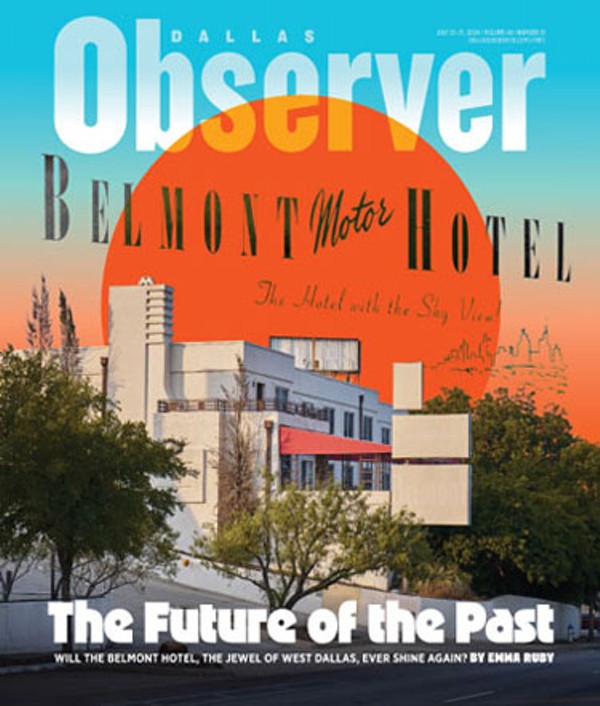Hunger. We can withstand a pandemic. We won’t survive serious hunger. Not as we were.
I had been going back time and again to look at the trend lines for infection and death. But then I saw another line. Last week someone texted me footage from a local TV station of cars lined up at the gates of Fair Park in South Dallas for boxes of food from the North Texas Food Bank.
On and on and on. For two miles. According to a story by Nataly Keomoungkhoun in The Dallas Morning News, thousands of people began lining up at the gates of Fair Park at 4:30 a.m., sleeping in their cars for four to five hours before the gates opened and distribution of boxes began.
In this life there are two things — hunger and asking for food. They are not quite the same. The Food Bank told Keomoungkhoun that 50% to 70% of the people now seeking free food are doing it for the first time in their lives. When I saw that, I remembered something from an oral history of the Great Depression.
Archie Lawson was 21 in 1932 when he set out from a cattle ranch in North Dakota to find a way to survive: “I went into a store and asked for something to eat,” he remembered years later. “But it was not that simple. It was an emotional, shameful thing that is almost impossible for me to explain. I was practically crying, my face was red, I felt defeated.”
We can tell ourselves that we are a more generous and caring people than we were a century ago and that no one should have to feel humiliated about asking for food. But it wouldn’t be true. The people who work hard in this world do it so they won’t have to ask. For them, asking for food is a defeat that makes even survival bitter.
Friday I listened carefully when Texas Gov. Greg Abbott announced his plan for reopening the state’s economy. I know I would have listened differently, and I bet I would have heard something quite different had I not been going back and back again to that aerial view of the cars outside Fair Park. The absolute worst effect Donald Trump has had on this entire nightmare has been making it about himself, creating a completely weird kind of pandemic partisanship.
In this paradigm, shutting it all down becomes the enlightened path, because shutting it down protects people from disease. Opening it back up is the self-serving Wall Street-driven Trump reelection plan.
But that’s not what I was thinking when I listened to Abbott. I was thinking about that shocking, horrifying, chilling aerial shot outside the gates of Fair Park last week. We can’t kid ourselves about this. That two-mile line is a long fuse to a social time-bomb, a fuse that has already been lit in other parts of the world.
The Italians are no longer singing on their balconies. A report in Reason last week quoted Salvatore Melluso, a priest at a religious charity in Naples: “Now people are more afraid — not so much of the virus, but of poverty,” he said. “Many are out of work and hungry. There are now long queues at food banks.”
There were organized protests defying shutdown orders last week in Idaho, Michigan and North Carolina, mostly carried out by people we could easily dismiss as usual suspects — Ammon Bundy of the 2014 grazing fee standoff in Idaho, a rag-tag group of camo-cowboys in Michigan. Some of these are people who are always trying to get back in front of the cameras.
But we’re crazy if we dismiss hunger as a powerful force in human affairs and history. There are those who would say it’s the most powerful force. French workers in the 18th century were resigned to spending half their daily wages on bread, according to Sylvia Neely's A Concise History of the French Revolution. But when two crop failures in a row sent the price of bread up to 88% of daily wages, blood flowed on the cobblestones of Paris.
Historians and political scientists have gone back to examine root causes of the Arab Spring revolts that swept the Middle East in the early 2010s. Some argue that simple hunger drove unrest far more powerfully than did social or political ideas.
Certainly in Venezuela, where there were reports of armed bands stealing groceries at one point, the tension between capitalism and socialism came down eventually to a question of people being able to eat.
There are unsettling parallels in history with the specific circumstance we are experiencing now. Disease and quarantine have produced unemployment and hunger before, with consequences that should sound familiar. In 1831 when cholera swept Europe, riots broke out in the city of Königsberg, now Kaliningrad, Russia. The rioters believed that the disease and the quarantine measures were equal parts of a conspiracy by the upper classes to kill off the poor.
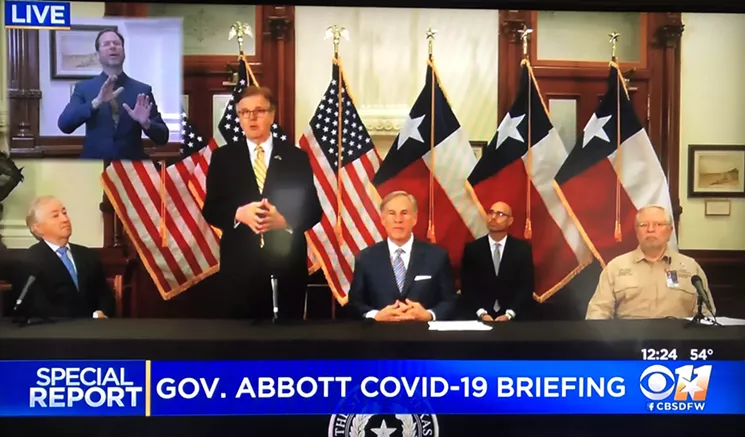
Gov. Greg Abbott and Lt. Gov. Dan Patrick practiced a policy of social distancing be damned at their press conference last week on ending COVID-19 quarantine.
Jim Schutze
Those of us who are not regularly hungry tend to push hunger from our consciousness. Why? Because it’s not real? It would certainly seem to be real now and not just all of a sudden or overnight.
How many people, still harboring an image of food banks as church pantries, have been surprised, even jarred in recent weeks by footage shot inside food banks that are massive automated warehouses? Why would something like that even exist if a very significant number of people were not struggling to find food even before the pandemic?
In fact, we have a history of facing the problem and then pushing it away. President Richard Nixon, a Republican, said to the Congress in 1969: “That hunger and malnutrition should persist in a land such as ours is embarrassing and intolerable.” He added, “But it is an exceedingly complex problem, not at all susceptible to fast or easy solutions.”
Apparently.
I’m of the generation that bridges the Great Depression and today. Our parents, we often say, were “products of the Depression.” They shared certain traits that seemed more psychological than cultural or political, and none of those was more notable or consistent than their attitude toward food.
Even the members of their generation who never had a single hungry day in their lives took food and the wasting of it very gravely. They also presided over the greatest revolution in American politics since 1776.
Nobody knows exactly where we are on that continuum at this moment. The coronavirus pandemic still feels to a lot of us like an interruption more than a sea change — something we can get through and get over without overturning the applecart. But that picture also looks starkly different depending on which side of town you’re on.
The numbers here and around the country are showing clearly that the disease itself is hitting harder in poor minority neighborhoods than in whiter more affluent areas. It’s axiomatic that the quarantine and shutdown measures will go especially hard against people who are already on the economic margins.
So I had to listen a little harder to what the governor had to say Friday. And it was not easy. I had to push back a lot of very unpleasant associations I tend to make between him, right-wing politics and sold-out, under-the-table Austin corruption. Talk about a tough swallow.
At least on the surface and at very first glance, his plan for reopening the state sounded as if it could be a reasonable and feasible way out of our dilemma. That will depend on more caveats and conditions than I can even begin to list here. His scheme for staggered reopenings for businesses will anoint him the Texas czar of all winners and losers. We’ll see how even-handedly and transparently that process proceeds.
But people have to eat. And people want to work for their food. That two-mile line of cars outside Fair Park is not a viable solution to anything. It’s the social equivalent of an improvised explosive device. A big one.
Abbott said at the end of his remarks Friday: “Together we can bend the curve. Together we can overcome this pandemic. We can get folks back to work. We can adopt safe strategies that prevent the spread of COVID-19, and step by step we will open Texas.”
Certainly that’s how it should turn out. It’s the outcome we’re all hoping for and the one for which people have been willing to make serious sacrifices so far. But we also need to be real about the other way things may have to go.
If it comes down to a battle between the need for food and the need to protect against the disease, protection is going to lose. Hunger is the king of all diseases. We have a shot at surviving the rest of it if we can eat, but we can’t survive anything without food.
And long before the need for food kills anybody from starvation, it will humiliate people. Like that kid from the ranch who had to beg for food in a store during the Depression, people will feel their dignity stripped from them if they can’t work and must go hat in hand to ask for food.
Maybe that’s what those products of the Depression really felt. Maybe what really spurred the New Deal and haunted them for the rest of their lives was less hunger than dignity — the memory of how easily dignity can be lost and how terrible that feels. If hanging on to self-respect means people will have to go out there and risk getting sick, then that’s exactly what they will do. Let’s hope we can find a way out of this short of that.

